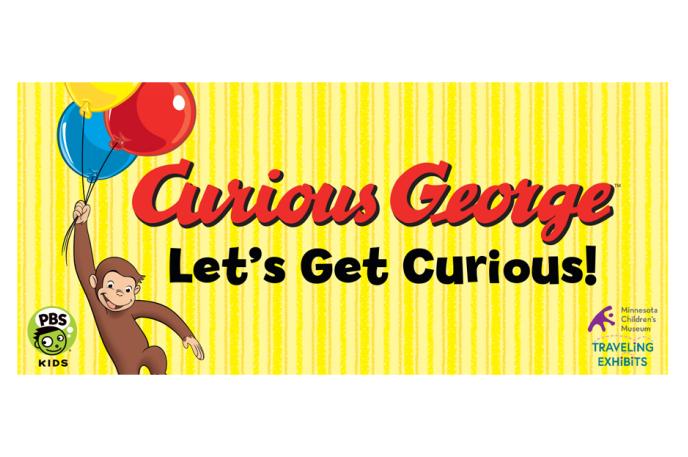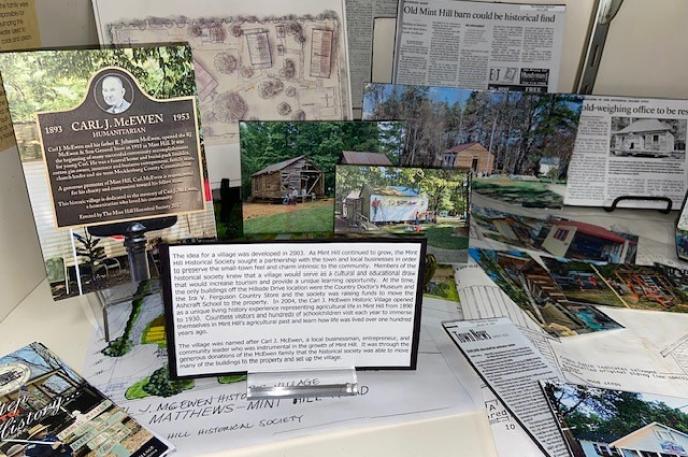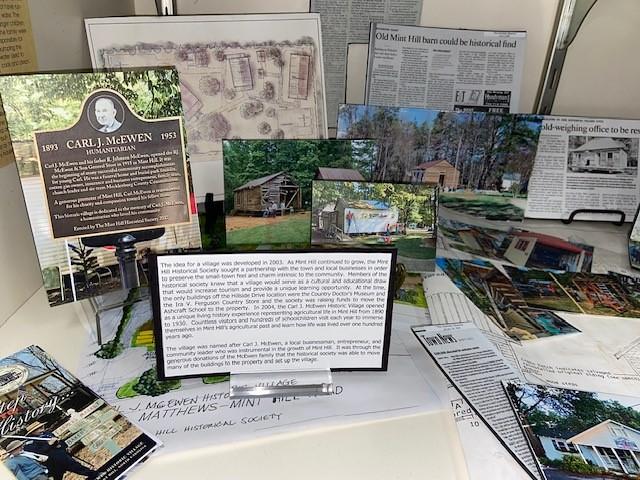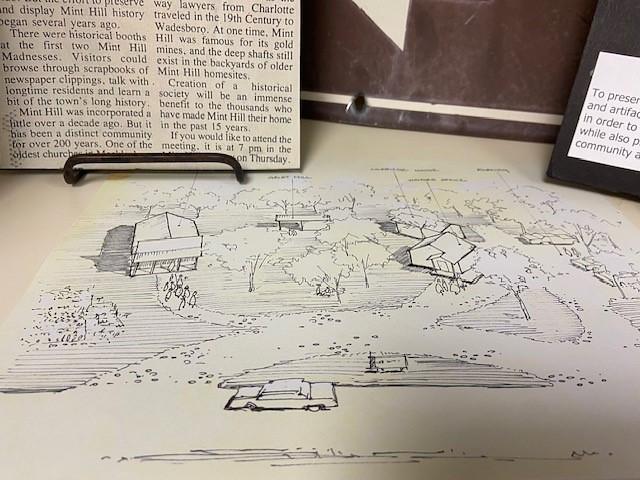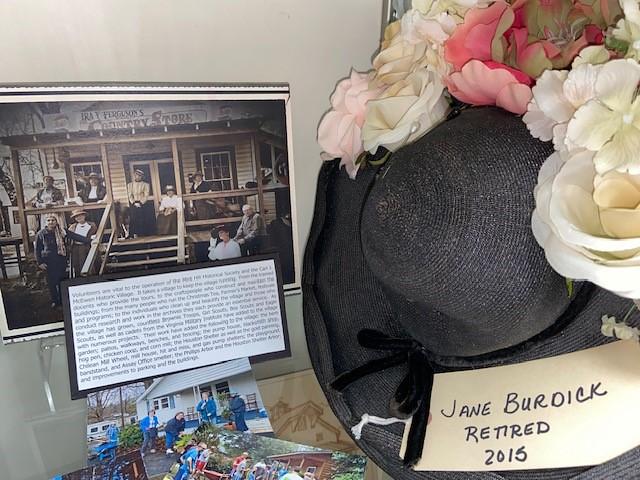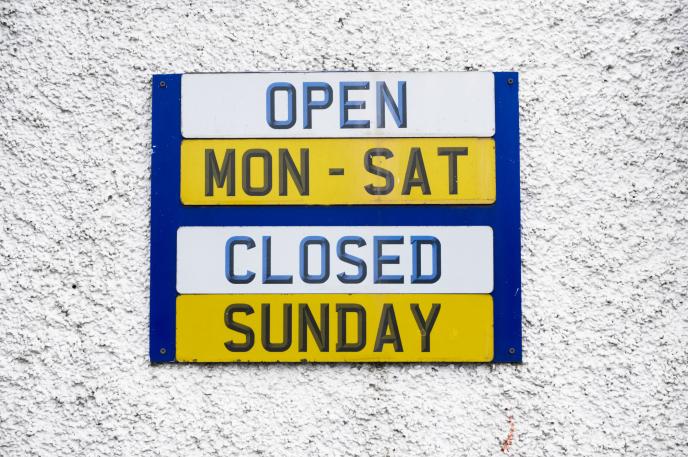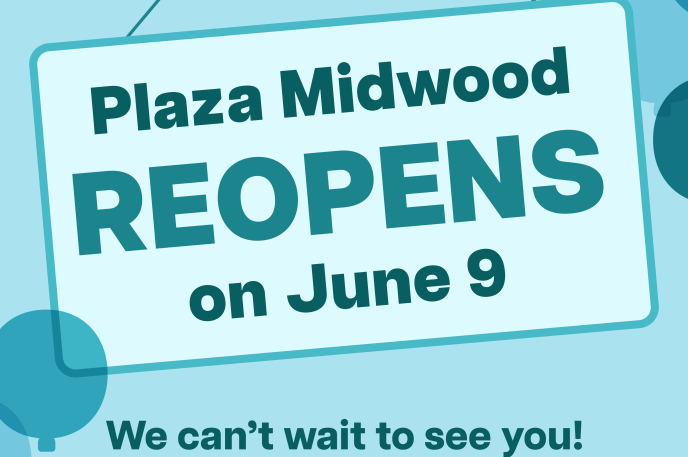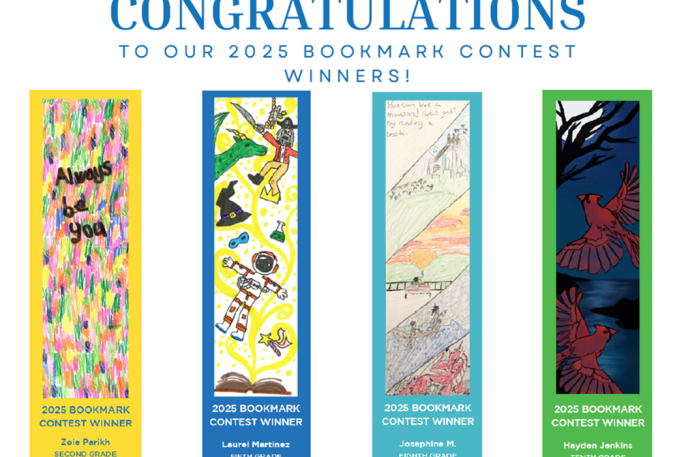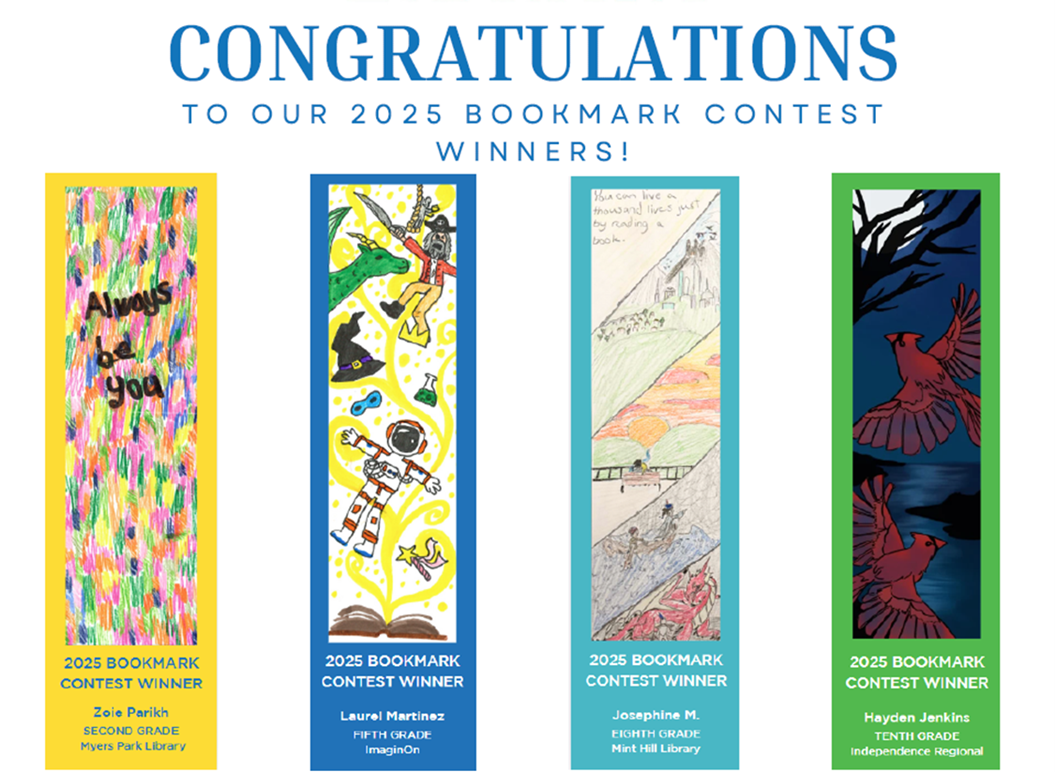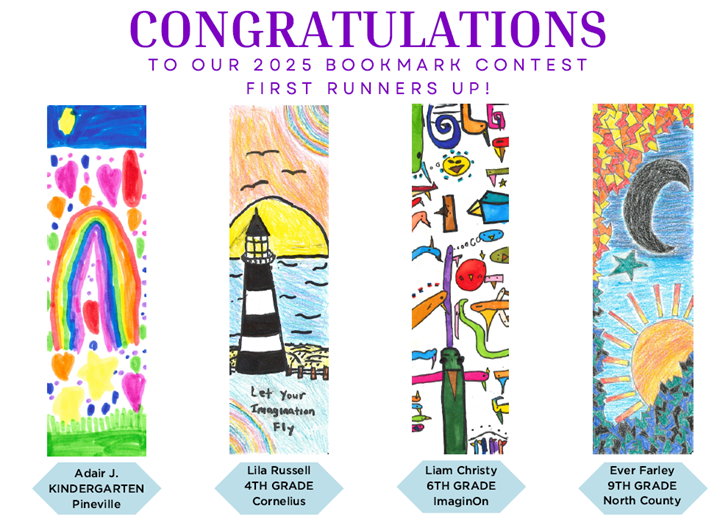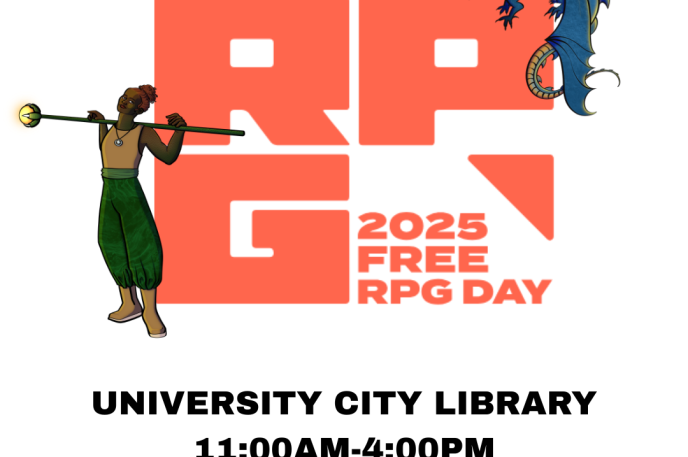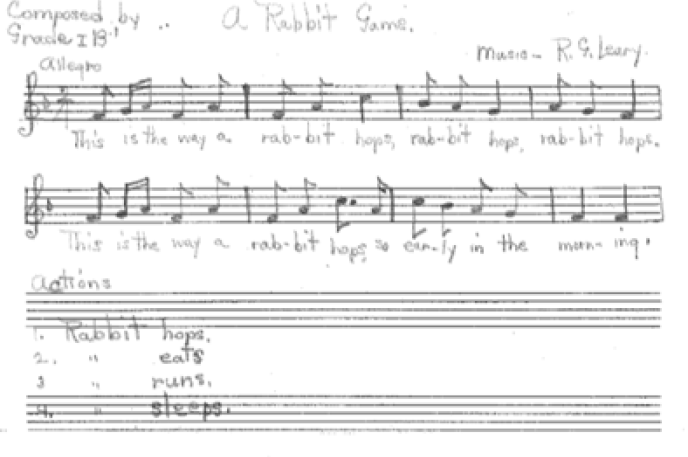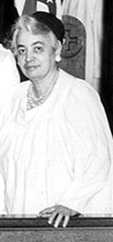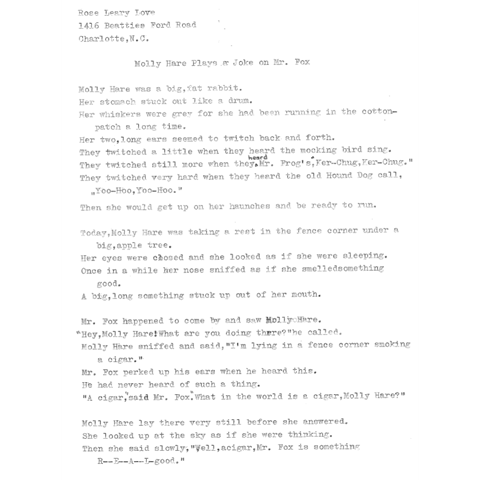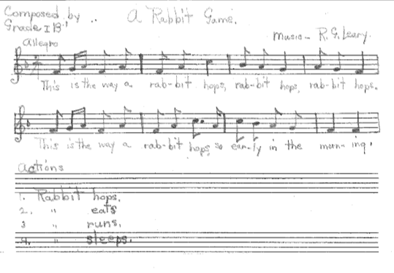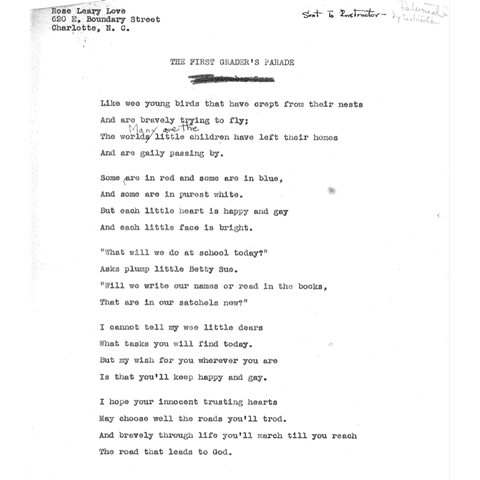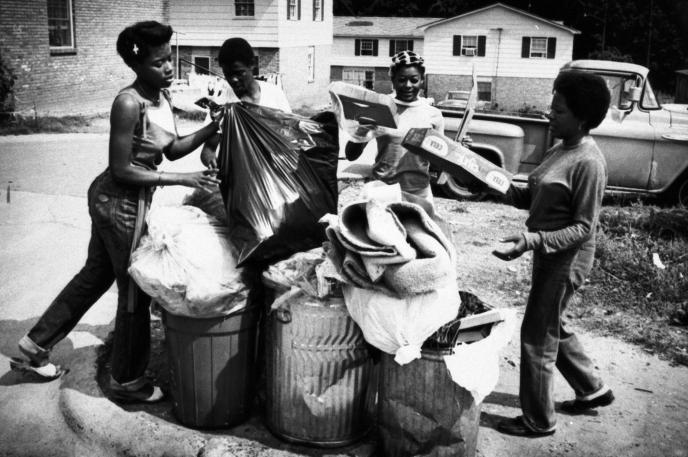
Don’t Throw That Away! A Spring-Cleaning Guide to Preserving Your Family History
April 16, 2025
This blog post was originally written by Shelia Bumgarner, edited and updated by Chauna Carr, RSCR Digital Production Librarian
Spring is a time for fresh starts and often, fresh piles of old stuff! While you’re sorting through closets, attics, and boxes of family mementos this season, don’t be too quick to toss things out. Some of those forgotten items may be more than just clutter; they could be important pieces of your family’s story or local history.
The Robinson-Spangler Carolina Room is here to help you figure out what to keep, what to toss, and what to consider donating. Plus, we’ll share how you can preserve those meaningful items for years to come.
What to Keep (and How to Keep It Safe)
Not sure if something’s worth keeping? When in doubt, hold onto anything with:
- Names, dates, or locations written on it
- Local or regional relevance (especially Charlotte/Mecklenburg County)
- Clear connections to your family’s story
- Visual or handwritten elements—photos, letters, drawings, etc.
Once you've decided to keep something, follow these basic care tips:
1. Handle items with care
Use two hands when lifting fragile objects and avoid excessive bending or folding. Take your time when turning pages, unrolling documents, or unfolding old fabrics. If it feels brittle, it probably is.
2. Wear gloves
Nitrile gloves are best for handling photographs, negatives, or anything with delicate surfaces. Clean, dry hands work in a pinch. And don’t forget to identify who’s in your photographs—use a soft pencil on the back, not ink!
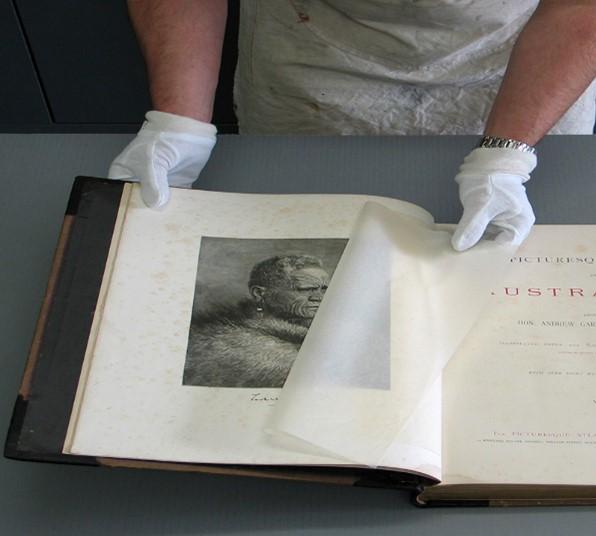
3. Work in a clean space
Keep snacks, drinks, and clutter far away from your materials. Work on a clean, flat surface with plenty of light and room to move things gently.
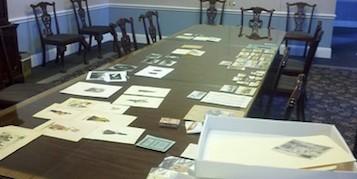
4. Skip the tape and glue and metal fasteners.
Avoid using adhesives like Scotch tape, rubber cement, and Elmer’s glue. These can yellow, dry out, and stain your materials over time. If something needs repair, use archival-quality products or consult a conservator. Steer clear of metal fasteners like paper clips, staples, and pins. These can rust, snag, or tear delicate documents. Instead, use plastic paper clips or archival-quality folders to group materials safely.
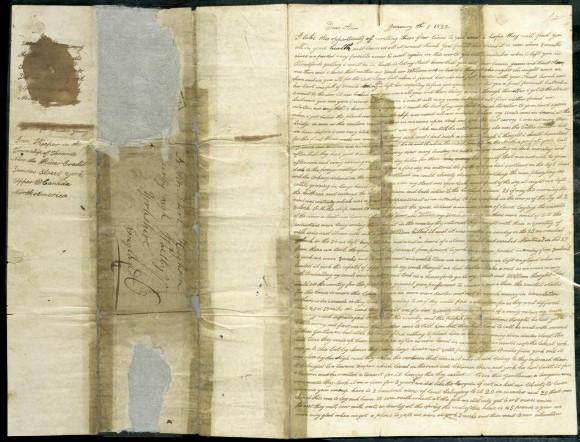

5. Store smart
Acid-free boxes, folders, and sleeves provide the best protection. Don’t overstuff boxes, and remember: books, diaries, and albums should be stored flat—not upright, to prevent stress on the spine. Label clearly and store in a cool, dry, and dark space (think bedroom closet or under-the-bed storage).
🚫 Avoid attics, basements, garages, and direct sunlight.
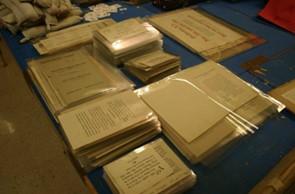


6. Document as you go
Context is everything! A photo is more meaningful when you know who's in it, when it was taken, and why it matters. Jot down family stories, memories, names, and places while they’re still fresh in your mind—your future relatives will thank you.
What to Toss (With a Second Look)
We get it, not everything can (or should) be saved. But before you haul that box to the curb, consider:
- Other homes for your stuff: Thrift stores, vintage shops, and specialty museums might want household items like linens, furniture, or art.
- Appraisals: If an item looks valuable or unusual, it may be worth getting it professionally appraised.
- Historical societies: Even if the Carolina Room can’t accept an item, other institutions might.
If your family materials help tell the story of Charlotte or Mecklenburg County, we’d love to hear from you. The Robinson-Spangler Carolina Room collects:
- Audiovisuals and home videos
- Business, club, and organization records
- Family papers and correspondence
- Maps and manuscripts
- Music (recorded or produced in Charlotte)
- Photographs and postcards
*All items must relate to Charlotte and Mecklenburg County history.
What we typically do not collect:
- Family Bibles (except copies of genealogical pages)
- Newspapers, Textbooks or Magazines (unless historical)
- Polaroids, large scrapbooks, or oversized 3D items
- Clothing or textiles (i.e. bedding, quilts, uniforms)
If you have something to share or want to learn more, email us at [email protected].
You can also explore our archival collections and digitized materials anytime by browsing our Finding Aids and The Vault.
Cover image caption: Members of Project ME Chapter participate in a clean-up at Keyway Apartments, c. 1975. African American Album Image Collection, AA.2004.05.0855.16, Robinson-Spangler Carolina Room.

